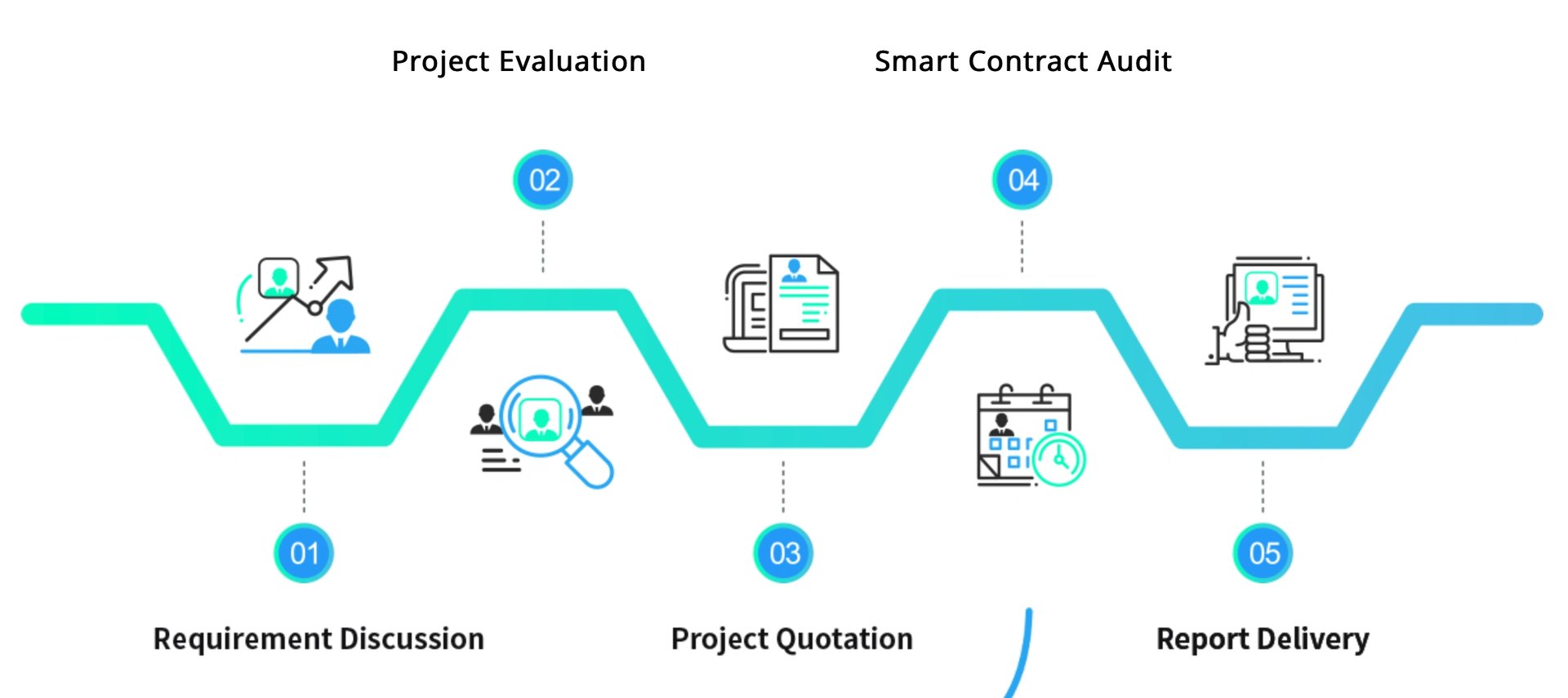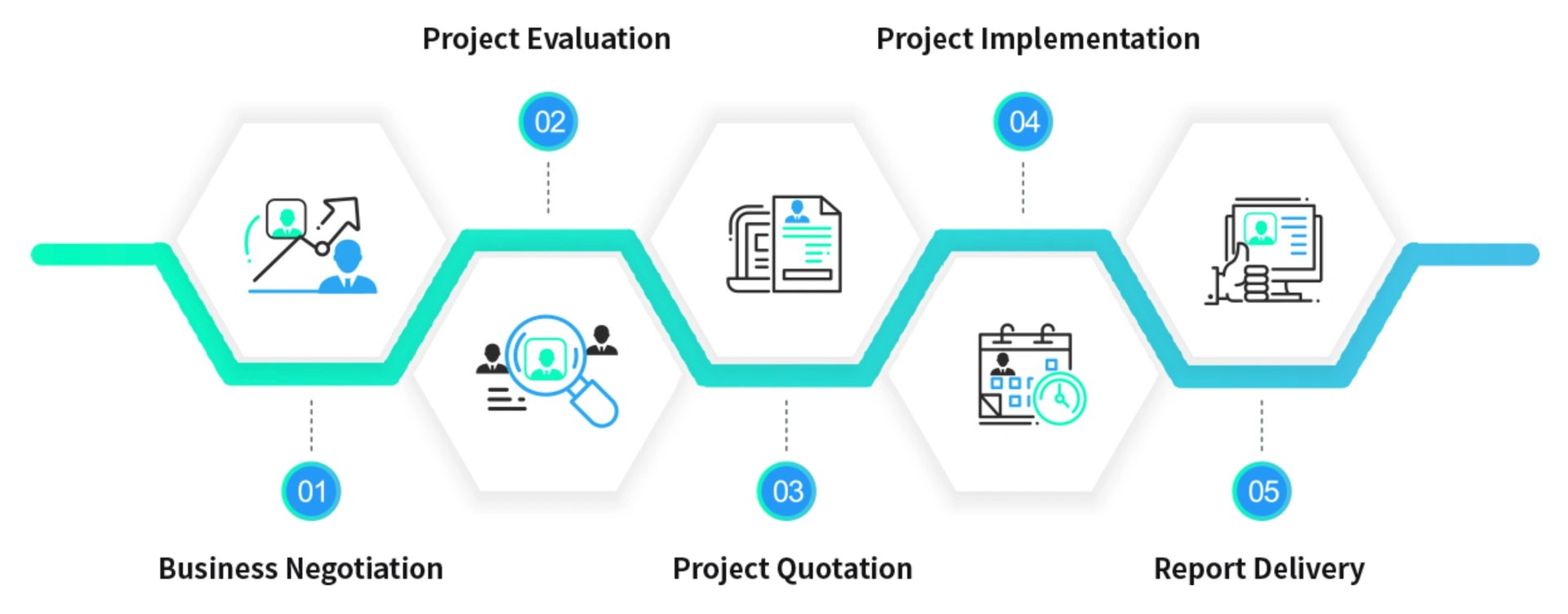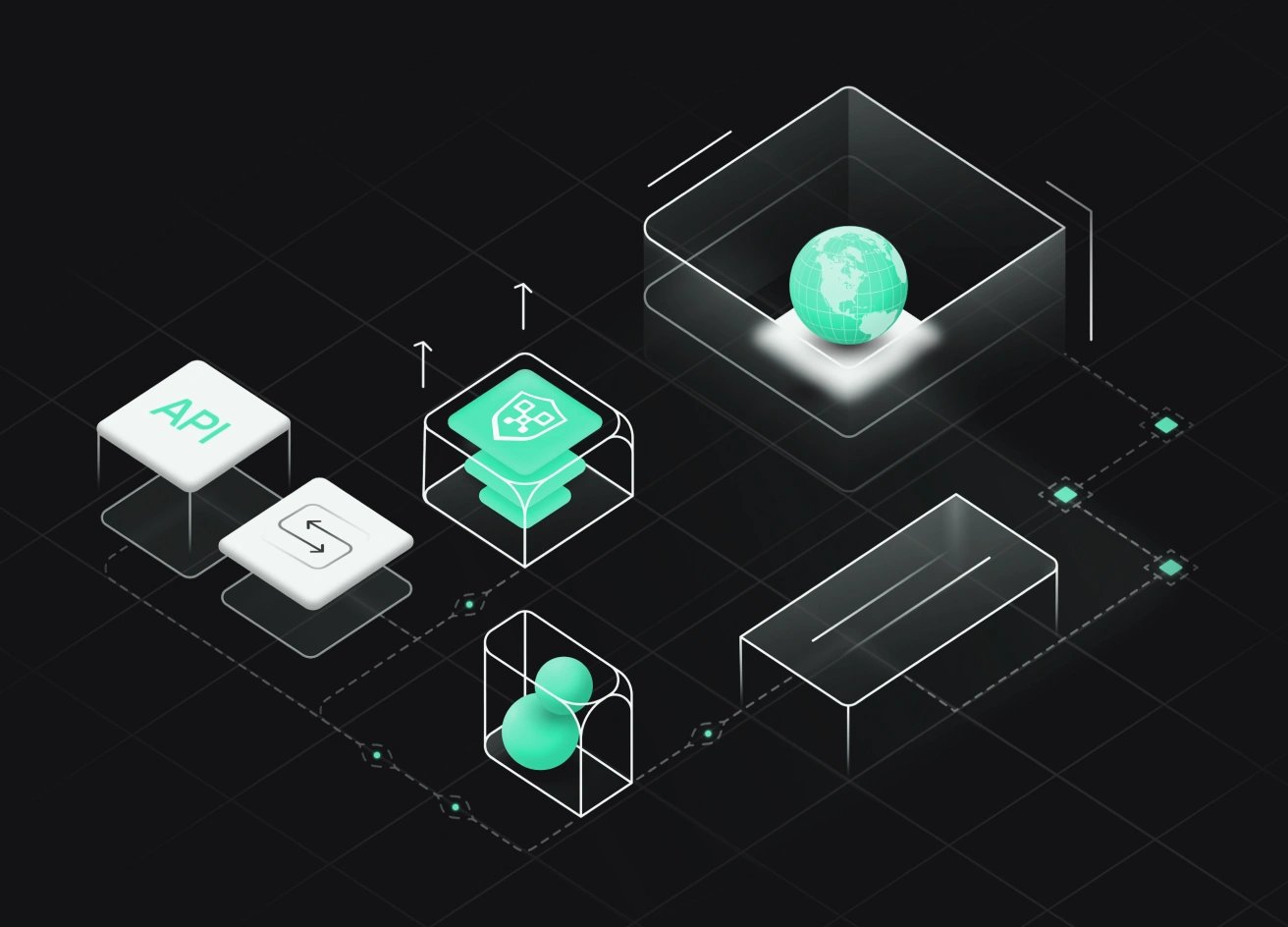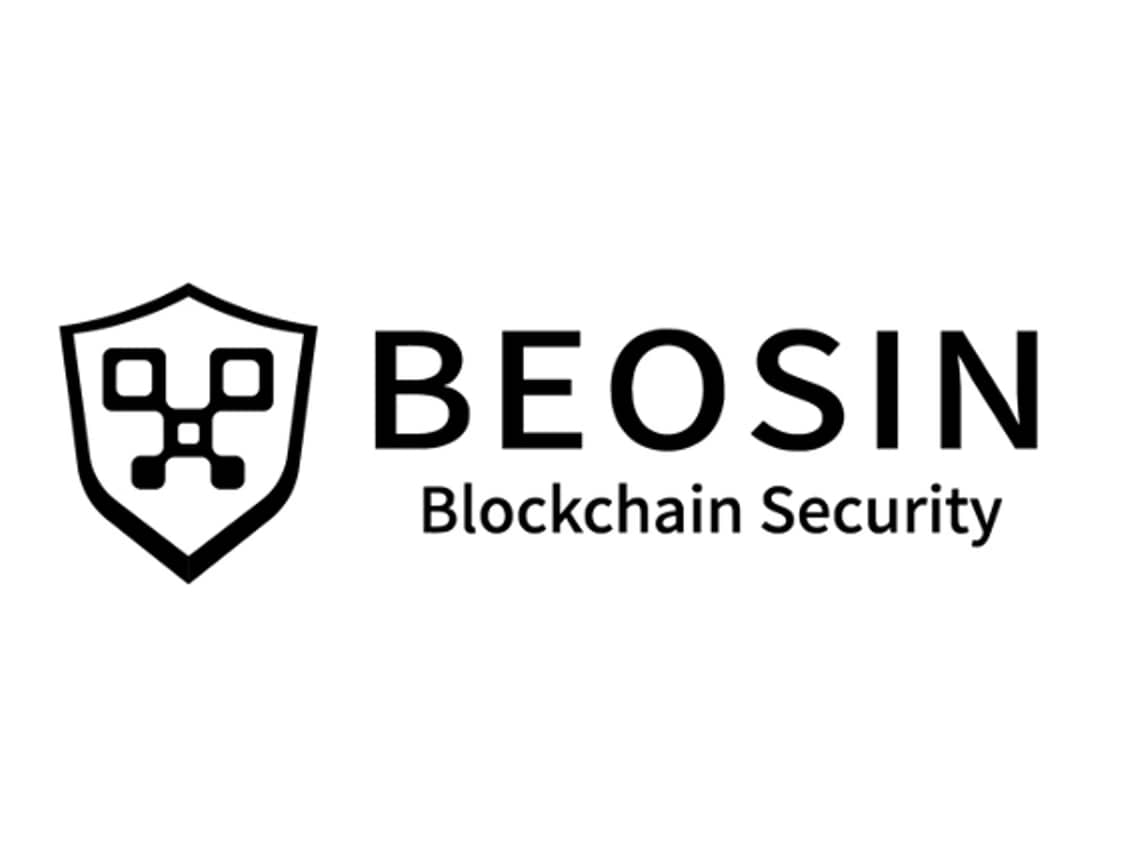위키 구독하기
Share wiki
Bookmark
Beosin
0%
Beosin
Beosin은 글로벌 블록체인 보안 회사입니다. Web3 블록체인 생태계를 위한 다양한 보안 서비스와 제품을 제공하여 블록체인 기술의 안전성과 신뢰성을 향상시키는 것을 목표로 합니다.[1][2]
개요
Beosin은 2018년 Xia Yang과 Wensheng Guo가 설립한 글로벌 블록체인 보안 회사입니다. 저명한 대학의 교수들이 공동 설립한 이 회사는 40명 이상의 박사 학위 소지자를 포함하여 180명 이상의 보안 전문가로 구성되어 있습니다. 싱가포르, 홍콩, 일본 및 기타 지역에 기반을 둔 Beosin은 다양한 서비스를 통해 블록체인 생태계의 보안을 강화하는 것을 목표로 합니다.
Beosin은 스마트 계약 감사, 온체인 위험 모니터링, KYT AML, 암호화폐 추적을 제공합니다. 이 회사는 PancakeSwap 및 Ankr와 같은 주목할 만한 프로젝트를 포함하여 3,000개 이상의 스마트 계약을 평가했습니다. KYT AML 서비스는 Hashkey 및 Cobo와 같은 100개 이상의 기관이 블록체인 부문 내에서 규정 준수 및 보안을 유지하도록 지원합니다.[1][2][3][4][5]

제품
KYT
Beosin KYT (Know Your Transaction)는 AML (자금세탁 방지) 및 CFT (테러 자금 조달 방지) 규정 준수를 지원하기 위해 블록체인 거래에 대한 실시간 모니터링을 제공하는 것을 목표로 합니다. 잠재적 위험을 초래하는 거래 및 주소에 대해 고객에게 알리고 경고하며, 가상 자산 서비스 제공업체 (VASP) 규제 정책에 부합합니다.
블록체인 보안 사고 분석 및 AI 기술을 통해 Beosin은 공격, 다크 웹 활동, 사기와 같은 보안 위협을 포괄하는 악성 주소 라이브러리를 유지 관리합니다. 이 플랫폼은 데이터 정확성을 보장하기 위해 OFAC, EU 및 영국 제재 목록을 지속적으로 업데이트하고 모니터링합니다. 투명성을 높이고 정보에 입각한 의사 결정을 지원하기 위해 거래 및 주소에 대한 정량적 위험 평가를 수행합니다.
Beosin의 주소 모니터링에는 지속적인 감시를 제공하고 자산 손실 및 평판 손상의 위험을 완화하도록 설계된 비정상적인 거래 행동 엔진이 포함되어 있습니다. 이 플랫폼은 고객이 규제 요구 사항 (AML, CFT)을 충족하고 블록체인 프로토콜과의 안전한 상호 작용을 가능하게 하며 VASP의 위험을 최소화하는 것을 목표로 합니다.[4][6]
서비스형 검증 (VaaS)
Beosin의 서비스형 검증 (VaaS)은 형식적 방법을 기반으로 자동 스마트 계약 검증을 사용하여 취약점 및 비즈니스 로직 문제를 감지합니다. 계약 업로드 시 알려진 및 알려지지 않은 보안 위험을 식별하고 수정 제안을 제공하는 것이 목표입니다. VaaS는 다양한 블록체인에 대한 사용자 정의 구성을 지원하고 계약 간의 속성을 검증합니다.
수정 권장 사항을 제공하는 자세한 취약점 보고서를 생성합니다. Beosin은 형식적 검증 기술에 대한 광범위한 경험을 보유하고 있으며 블록체인 보안 감사 발전에 기여하고 있습니다. VaaS는 ETH, BSC, MATIC, AAVE, ONT 및 EOS를 지원하며 계약 언어 내에서 직접 형식적 사양을 단순화합니다.[4][7]
스마트 계약 감사
Beosin은 전 세계의 광범위한 블록체인 프로젝트에 대한 스마트 계약 감사 서비스를 수행했으며 3000개 이상의 계약을 검토했습니다. 형식적 검증 기술을 활용하여 Beosin은 여러 블록체인 플랫폼에서 스마트 계약의 보안 및 운영 무결성을 보장하는 것을 목표로 합니다. 감사는 기존의 취약점을 식별하고 코드를 의도된 기능과 일치시키기 위해 비즈니스 로직의 정확성을 검증하는 데 중점을 둡니다.
감사 영역에는 자산 보안, 비즈니스 로직, 백도어, 플래시 대출, 차익 거래 공격, 재진입 및 코드 표준이 포함됩니다. Beosin은 잠재적 위험을 감지하기 위해 철저한 소스 코드 검사를 수행합니다.
감사 보고서는 식별된 문제 해결을 위한 권장 사항과 함께 심각도 수준 (Critical, High, Medium, Low 및 Informational)별로 분류된 자세한 결과를 제공합니다. 차트와 같은 시각적 표현은 감사 결과에 대한 추가적인 통찰력을 제공합니다.[4][8]

블록체인 보안 감사
Beosin은 블록체인 보안을 강화하기 위해 다차원적 접근 방식을 사용하여 포괄적인 블록체인 보안 감사를 수행합니다. 감사는 노드 통신, 스토리지, 합의 메커니즘 및 권한 관리를 포함합니다. Beosin은 블랙 박스, 그레이 박스 및 화이트 박스 테스트의 세 가지 감사 유형을 제공합니다.
이러한 감사는 언어 코딩 보안, 블록 생성 및 거버넌스, 계정 시스템 보안, 자산 보안 및 애플리케이션 계층 보안을 해결하는 것을 목표로 합니다. 감사 옵션에는 화이트 박스 테스트, 그레이 박스 테스트 및 블랙 박스 테스트가 포함되어 블록체인 플랫폼 전반에 걸쳐 강력한 보안을 보장합니다.[4][9]

암호화폐 추적
Beosin의 암호화폐 추적 서비스는 Tornado Cash와 같은 플랫폼을 통해 도난, 협박 또는 이전된 암호화폐와 관련된 사건을 조사합니다. 사기를 방지하고 암호화폐 도난 조사를 지원하는 것을 목표로 합니다.
주요 기능으로는 AML 위험 평가, 거래 분석, 암호화폐 주소 모니터링, 실시간 정보 알림 및 법 집행 기관을 위한 포렌식 보고서가 있습니다. AML 위험 평가는 규정 준수를 위해 지갑 주소 위험을 평가합니다. 암호화폐 주소 모니터링은 의심스러운 주소를 실시간으로 추적합니다.
거래 분석은 빅 데이터와 AI를 사용하여 특히 Tornado Cash와 같은 믹서를 통해 도난당한 자금을 추적합니다. 실시간 경고는 도난당한 자금이 거래소 주소에 입금된 경우 이해 관계자에게 알립니다. 포렌식 보고서는 암호화폐 거래에 대한 자세한 통찰력을 제공하여 의심스러운 활동을 식별하고 조사를 지원합니다.[4][10]

BeosinAPI
BeosinAPI는 VASP, VC 및 프로젝트 팀을 포함한 다양한 이해 관계자를 지원하도록 설계된 Web3 보안 및 데이터 분석 플랫폼으로 기능합니다. 이 기능은 예금 및 인출과 관련된 위험을 평가하여 자금이 불법 활동으로부터 자유로운지 확인하는 것을 목표로 합니다. 또한 EOA 주소에 대한 평가를 제공하여 엔터티 ID와 관련된 잠재적 위험을 이해합니다.
또한 이 플랫폼은 계약 코드 보안 및 엔터티 ID 확인과 같은 측면을 다루는 토큰 위험에 대한 포괄적인 평가를 수행합니다. 사용자는 API를 사용하여 악성 활동 또는 상업적 블랙리스트와 관련된 의심스러운 주소 및 엔터티에 대한 정보를 쿼리하여 여행 규칙과 같은 규제 지침 준수를 용이하게 할 수 있습니다.[4][11]

잘못된 내용이 있나요?
